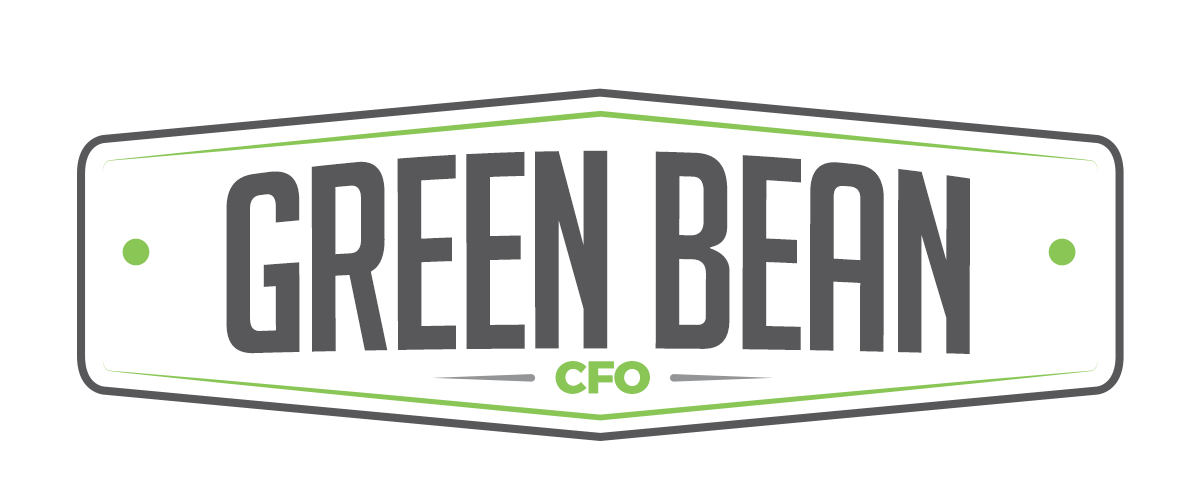#CannabisCourt Update: Harborside vs. IRS

The Harborside v. Commissioner (of the IRS) decision came down yesterday as a Tax Court Opinion, meaning it is binding and precedent-setting.
This case began in 2010, and the only major news is that the IRS’s Chief Counsel Advice “CCA 201504011” has merit. § 263A is now clearly NOT an option as a means of capitalizing cannabis inventory. The case also reiterates that lines of business that have a “close and inseparable organizational and economic relationship” will not be treated as two separate businesses for tax purposes. If inseparable – one business cannot live without the other – then all lines of business are treated as one subject to § 280E. Many industry participants incorrectly believe that using multiple business entities, particularly management companies, will allow them to skirt § 280E.
The 62 pages of the case are worth a read as it is entertaining at points. Judge Holmes is a comedian.
The following is a brief synopsis, as it is written for those who already have some background in the unfair tax treatment of state legal cannabis businesses under § 280E.
Harborside Health Center, among the largest medical marijuana dispensaries in America, disobeyed the IRS and was thereby disallowed additional Cost of Goods Sold (COGS) “deductions” calculated under the more favorable § 263A UNICAP inventory method. They were penalized by the IRS for not following IRC § 471 as was suggested by CCA 201504011. The IRS CCA (Chief Counsel Advice) was not precedent setting and considered to be unconstitutional by many in the know, so it is no wonder that the attorney who won the “CHAMPS. v. Commissioner” case, Henry Wykowski (along with attorney Matthew Williams), was champing at the bit (pun intended) to challenge the IRS.
The real meat of the case, as far as we are concerned, is whether or not the preferable § 263A UNICAP inventory methods could be applied to cannabis businesses.
Harborside was a non-profit (this status is recognized under CA state law, but not federally for a cannabis business) and operated as a collective for the years under scrutiny (2007 – 2012), meaning patients were the providers, employees, and consumers of all marijuana. About 99% of Harborside’s sales during that period were cannabis; clones, flower, manufactured goods.
Initially, the federal government attempted a forfeiture action against the business for nothing more than being a state legal cannabis company – the government’s action was promptly dismissed. IRS audits followed and resulted in the assessment of deficiencies and penalties to the tune of eight figures. $XX,XXX,XXX for emphasis.
The outcome of Harborside’s arguments is not surprising – the status quo was to be anticipated. Harborside first argued that since the forfeiture action by the government failed, they could not be subjected to § 280E because of a concept called “res judicata”, meaning that since the forfeiture action by the government was already settled and they weren’t subject to forfeiture, they shouldn’t be subject to § 280E either. This effort was futile. Harborside also argued that since Congress could not foresee state legal cannabis when § 280E arose, and that it should not apply. Once again, a futile effort, as only an act of Congress or the DEA can override § 280E or marijuana’s status as Schedule I under the CSA (Controlled Substances Act) respectively.
Harborside tried the separate trade or business route as well (remember, their attorney won CHAMP), but the facts and circumstances surrounding the economic relationship with their other lines of business landed them much closer to Olive v. Commissioner; they lost this argument too.
The real meat of the case, as far as we are concerned, is whether or not the preferable § 263A UNICAP inventory methods could be applied to cannabis businesses. § 263A means cry now, laugh later to a “normal business” (non-cannabis); they are required to include more line items in capitalized indirect costs, but must wait until they realize the related income to take these deductions (this more clearly reflects income, somewhat like GAAP matching principles). Since a “normal business” can immediately deduct the more limited indirect costs allowed by § 471, this may be more desirable to them because of the time-value-of-money. In cannabis, this is counter-intuitive. Cannabis companies must wait until the sale is made to reduce gross receipts by COGS to arrive at gross income (the 16th Amendment gives Congress the power to tax income only, not the return of capital, a.k.a. COGS). Since a cannabis business must wait until inventory is sold under either § 471 or § 263A if it were allowed, the time value of money is not a consideration, and only the greater latitude to deduct more indirect costs would matter to a cannabis business, creating a tax benefit for cannabis if § 263A was allowed.
That pesky CCA 201504011 recognized this as a “timing issue” when it guided businesses subject to § 280E to apply the inventory rules per § 471 as it existed in 1982 when § 280E was enacted. Unfortunately, the Uniform Capitalization (or UNICAP) rules of § 263A did not exist at this time (they arrived in 1986). Harborside sought to rewrite the definition of Cost of Goods Sold (GOGS) by arguing that they were forced to pay more tax than allowed by the Constitution by not being allowed to utilize § 263A. This argument was undoubtedly shot-down as § 263A expressly prohibits capitalizing expenses that would NOT otherwise be deductible. We all know that § 280E says “no deductions”.
Harborside also tried to sneak in the idea that they were a “producer” of cannabis in hopes of being allowed the additional COGS of § 1.471-11 (as opposed to § 1.471-3(b) which applies to resellers). Harborside merely shuffled cannabis clones from wholesalers to their growers and bought back finished product, rendering them a reseller. Strike 5. The only outstanding item from this case is the application of accuracy-related penalties, which will be addressed by the colorful Judge Holmes at another time. Hopefully, they are nowhere near eight figures.

